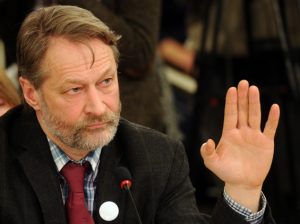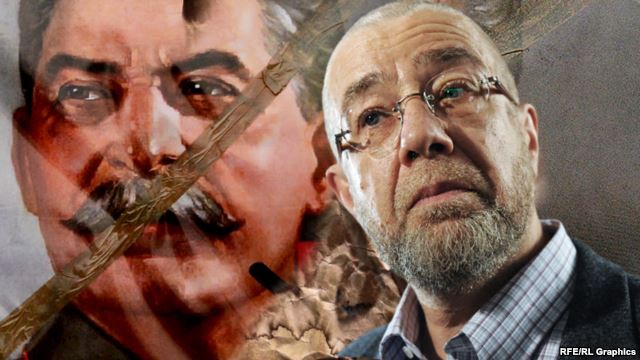
- First, Russian elites are feeling “a sense of defeat on the European front” and thus are searching for “any allies or even the appearance of allies to concentrate their essentially defensive efforts. Hungary is hardly the most powerful member of the European Union, the party of Marin Le Pen is hardly the most influential political force in France, and GiuliettoChiesa is hardly the most respected journalist and politician in Italy,” Oreshkin writes. But Moscow now “doesn’t have any other” allies.
- And second, there is a sense that even reaching out to these people is “not a counterattack but a purely defensive” move. It is clearly “an effort to disrupt the unity of the European Union from within, to find some weak link.” But the best Putin can hope for is to “slow the formation” of an anti-Moscow “political front.” He is not in a position to reverse it. “This is a defensive strategy, which to a significant degree is asymmetrical,” Oreshkin continues.





